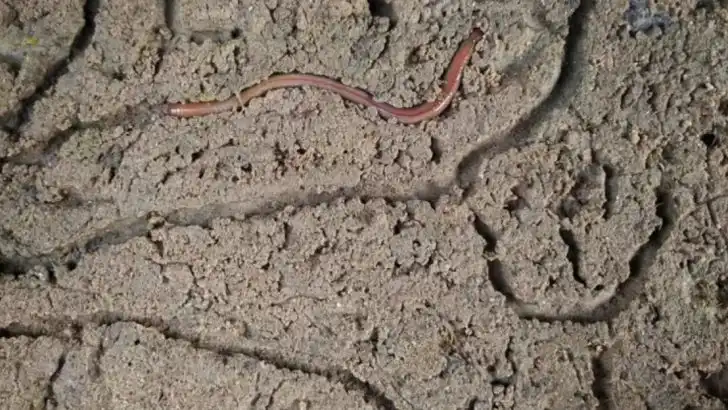When it comes to healthy, nutrient-rich soil, worms are some of the best allies a gardener can have. These tiny, hard-working creatures play a crucial role in aerating the soil, breaking down organic matter, and boosting plant health. By naturally improving soil structure and fertility, worms help create the perfect environment for your plants to thrive.
From producing nutrient-dense worm castings to enhancing water retention and drainage, worms contribute to a balanced, self-sustaining ecosystem in your garden. Whether you’re growing vegetables, flowers, or herbs, encouraging a healthy worm population can lead to stronger plants and bigger harvests—all without synthetic fertilizers or chemicals.
In this article, we’ll explore 11 incredible ways worms can naturally improve your garden’s soil, helping you cultivate a flourishing, organic garden with minimal effort!
Aeration
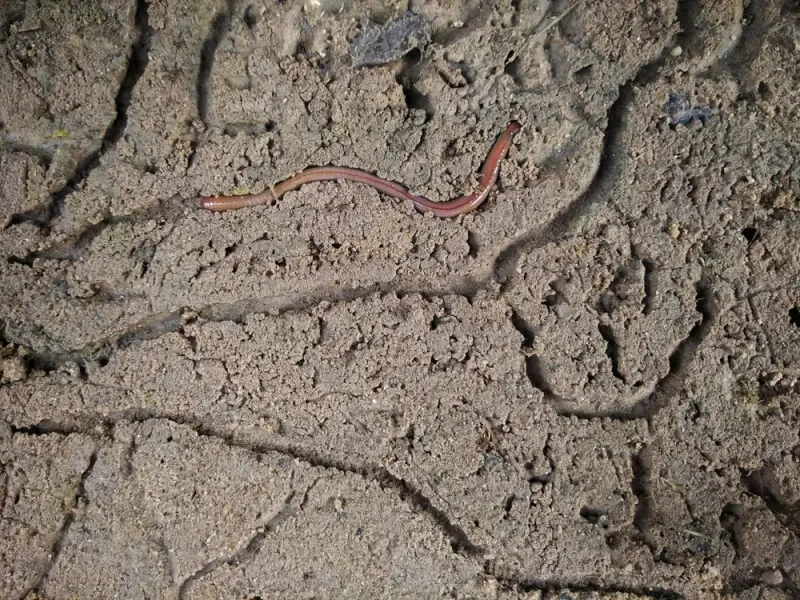
Garden soil often becomes compacted over time. Earthworms help by creating tiny tunnels as they move through the earth. These tunnels allow air and water to reach plant roots, which is crucial for healthy growth. Improved aeration also helps beneficial microbes to thrive, contributing to a more balanced soil ecosystem. Consider earthworms nature’s plow, working tirelessly beneath the surface. While you may not see their efforts immediately, your plants’ increased vitality will be a testament to their hard work.
Nutrient Cycling
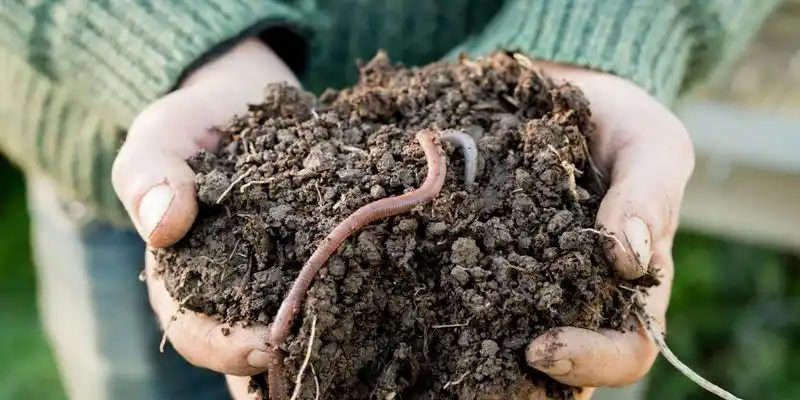
The breakdown of organic matter is a vital process in nutrient cycling. As earthworms consume decaying leaves and other plant material, they break it down into smaller particles. This digestion process releases essential nutrients back into the soil that plants can easily absorb. The excreted material, known as worm castings, is rich in nutrients like nitrogen and phosphorus. These nutrients are crucial for plant growth, making worms indispensable allies in maintaining soil fertility.
Improved Soil Structure
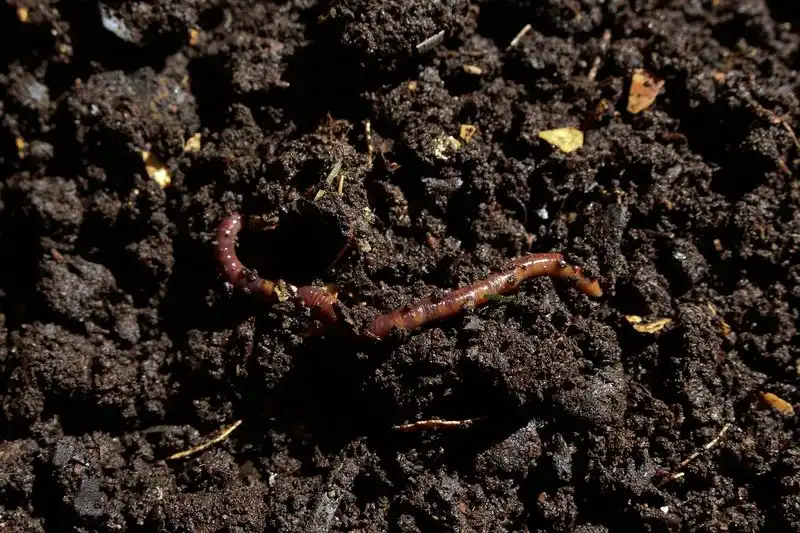
The presence of worms is a sure sign of healthy soil. Their movement and feeding habits help aggregate soil particles, improving soil structure. This results in better water retention and prevents erosion. In gardens prone to heavy rainfall, worms help keep the soil intact. A stable soil structure is essential for root development, providing a firm foundation for plants. Observing increased plant health and growth can often be attributed to the unseen efforts of these humble creatures.
Water Infiltration
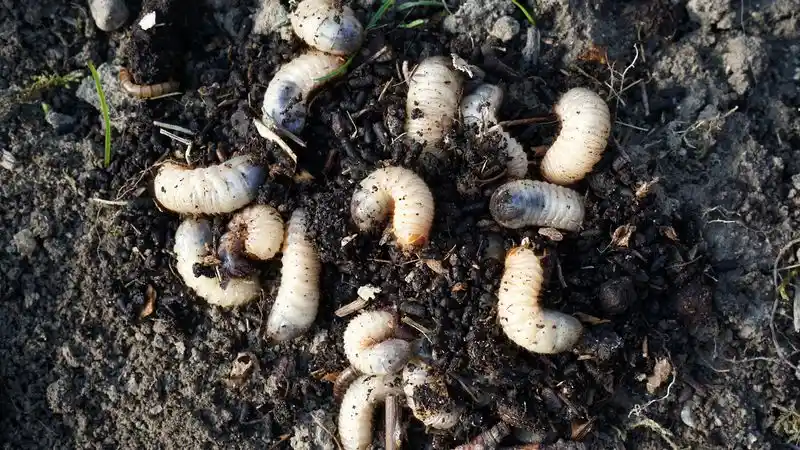
Water infiltration is a key component of soil health. Earthworms aid this process by creating channels that help rainwater penetrate deeper into the soil. This prevents surface runoff and reduces erosion, particularly on sloped garden beds. Improved water infiltration means that plants have access to water during dry spells, reducing the need for frequent irrigation. By keeping the soil well hydrated, worms indirectly support a garden’s resilience against drought conditions.
Organic Matter Breakdown
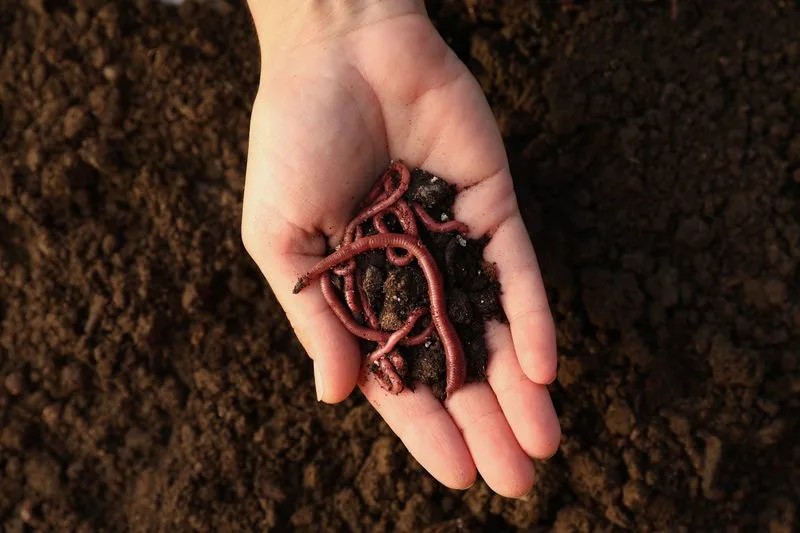
Organic matter, such as fallen leaves, is a natural resource for enriching garden soil. Earthworms play a critical role in decomposing this matter, turning it into nutrient-rich humus. This process not only recycles nutrients but also improves soil texture, making it more friable and easier for roots to grow. With a steady supply of organic matter, worms keep the soil nutrient-rich and ready for planting, giving gardeners one less thing to worry about.
pH Balance
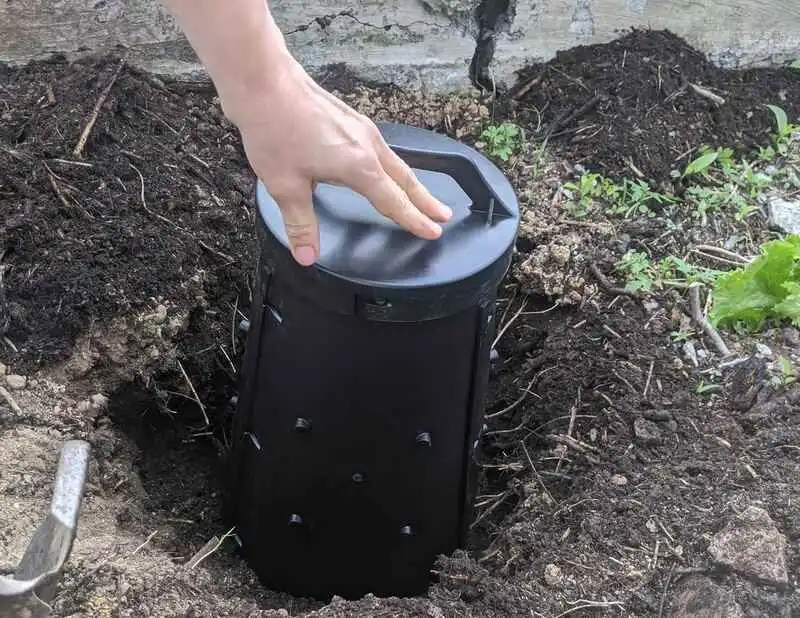
Maintaining the right pH balance is vital for plant health. Earthworms contribute by breaking down acidic materials, helping stabilize pH levels in the soil. Their castings are slightly alkaline, which can neutralize acidic soils over time. This balancing act ensures that plants have access to nutrients that might otherwise be locked in an unfavorable pH environment. Gardeners may notice healthier, more robust plants as a result of the worms’ subtle yet significant influence.
Increased Microbial Activity
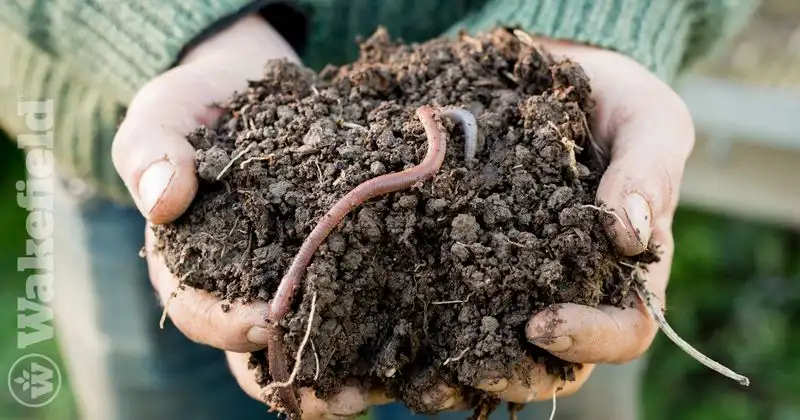
Worms aren’t just solitary workers; they foster a vibrant community of microbes. As they tunnel through the soil, they introduce oxygen, boosting microbial activity. These microbes play a crucial role in breaking down organic matter and cycling nutrients. A rich microbial environment supports plant health in numerous ways, from enhancing nutrient uptake to protecting against disease. By maintaining active worm populations, gardeners can enjoy a naturally healthy soil ecosystem.
Reduction of Soil Compaction
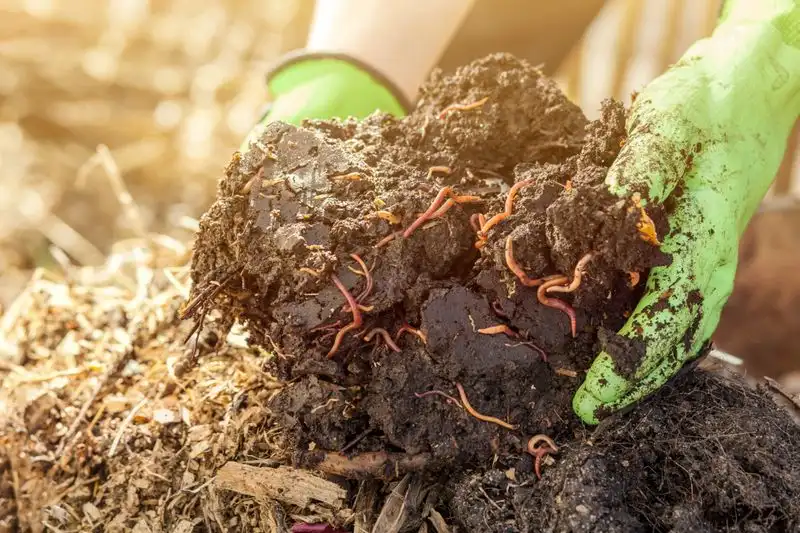
Soil compaction can hinder plant growth due to restricted air and water flow. Earthworms mitigate this issue by loosening the soil as they move. Their tunnels create pathways that roots can easily navigate, encouraging deeper root systems. With reduced compaction, water drains more effectively, and nutrient availability increases. This welcoming environment enables plants to thrive, showcasing the indirect yet powerful impact worms have on garden vitality.
Natural Fertilization
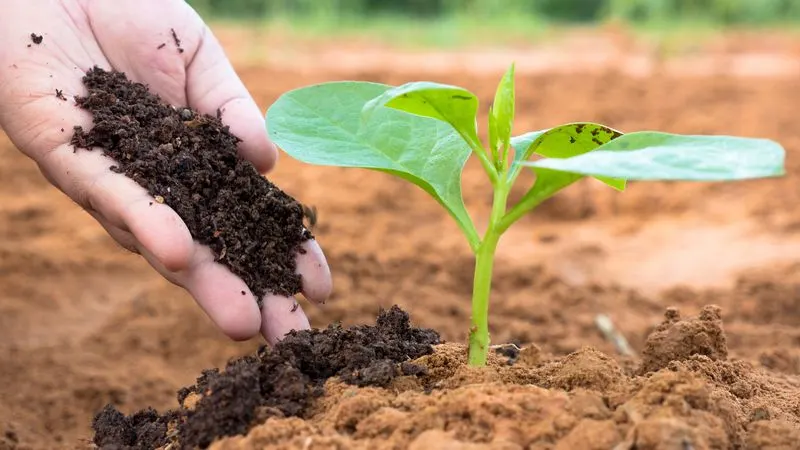
Worm castings, the natural byproduct of worm digestion, are a potent fertilizer. Rich in essential nutrients like nitrogen, phosphorus, and potassium, these castings enhance soil fertility significantly. They are also teeming with beneficial microbes, which further boost plant health. Using worm castings as a top dressing or mixing them into the soil is an organic way to promote robust plant growth. This natural fertilization method reduces reliance on chemical fertilizers.
Enhanced Biodiversity
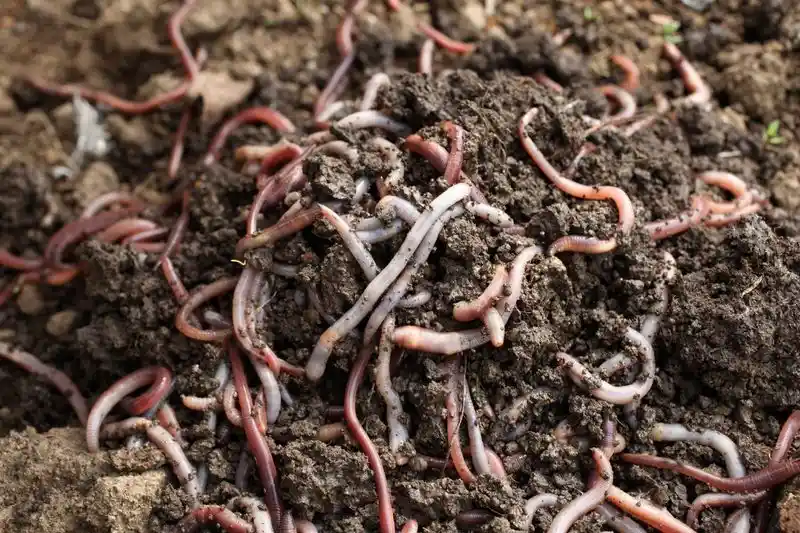
A diverse garden ecosystem is a resilient one. Earthworms contribute to this biodiversity by supporting various organisms that interact within the soil. Their tunnels provide habitats for other beneficial creatures, such as insects and fungi. This interconnected community works together to maintain soil health and plant vigor. By encouraging a biodiverse environment, gardeners can create a self-sustaining system that is less dependent on external inputs.
Resilience Against Pests
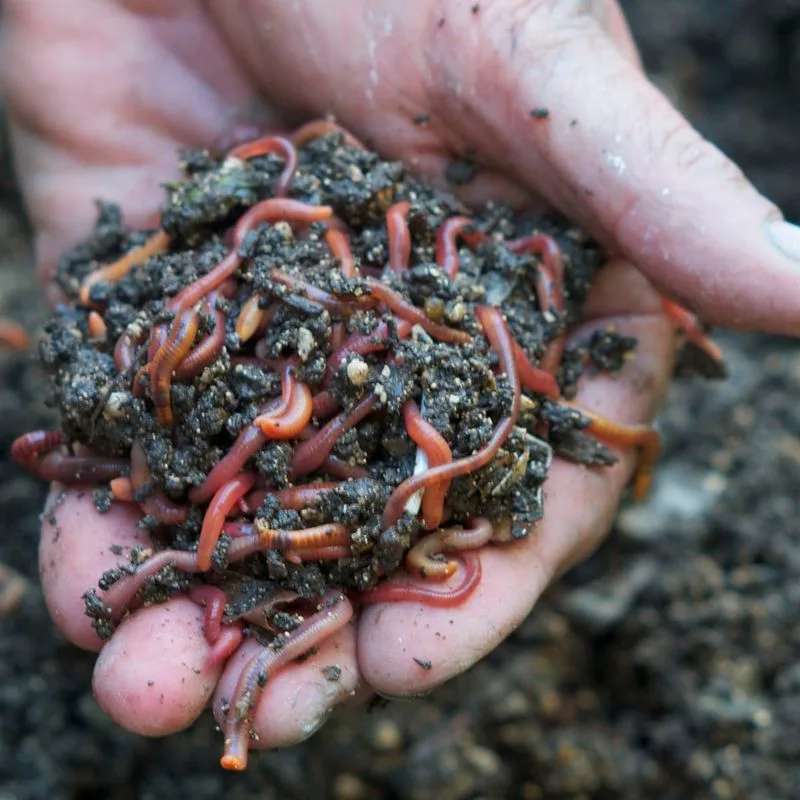
Healthy soil is a plant’s first defense against pests. By fostering robust plant growth, worms indirectly make plants less susceptible to pest attacks. The rich, fertile soil they create supports stronger plants, which can better withstand pest pressures. Additionally, the healthy microorganisms supported by worm activity can deter harmful pests. For gardeners, maintaining active worm populations means less need for chemical pesticides, benefiting both the garden and the environment.

